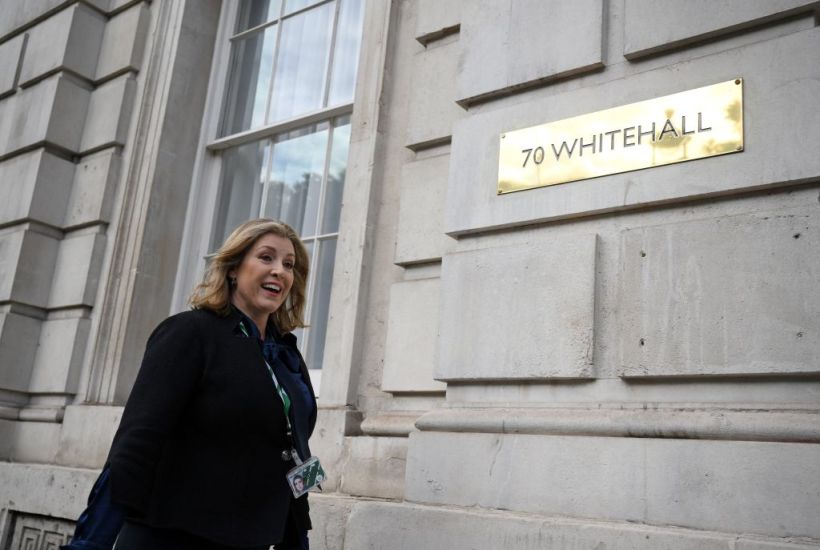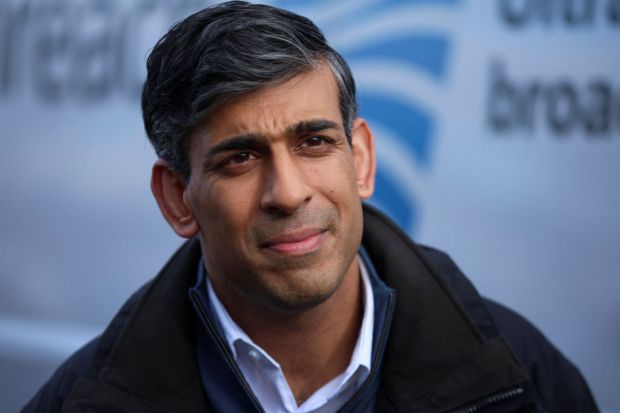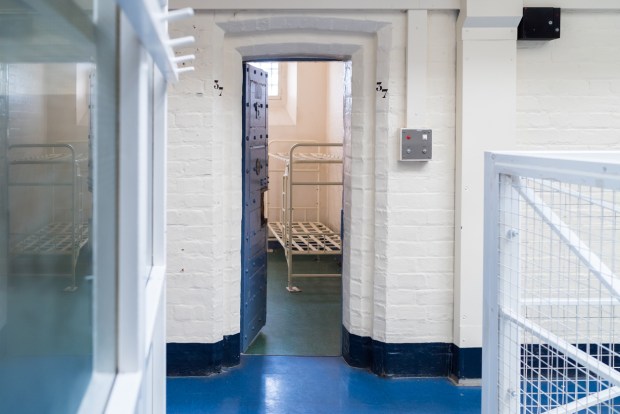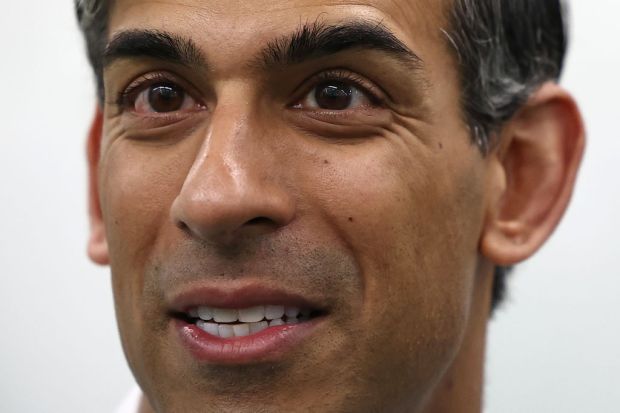The Cabinet Office has tonight launched a last-ditch legal effort to avoid handing over Boris Johnson’s unredacted WhatsApps to the official Covid public inquiry. Officials released a strongly-worded statement confirming the department has requested a judicial review of the inquiry’s demands for material, having missed the revised 4 p.m deadline to pass on Johnson’s messages.
Baroness Hallett, the inquiry’s chair, had demanded WhatsApp messages and notebooks from Johnson and texts from one of his No. 10 aides, Henry Cook. Johnson agreed to hand these over to the Cabinet Office but the department is resisting passing them to the inquiry, partly due to fears the inquiry could request the WhatsApp messages of serving ministers and officials.
In their statement, the government argues that ‘the request for unambiguously irrelevant material goes beyond the powers of the inquiry’. It ‘represents an unwarranted intrusion into other aspects of the work of government’ and a breach of staff and ministers’ ‘legitimate expectations of privacy and protection of their personal information.’ Their statement insists that ‘individuals, junior officials, current and former Ministers and departments should not be required to provide material that is irrelevant to the Inquiry’s work.’
Baroness Hallett very much takes the opposite view. Generally in such inquiries, it is up to the inquiry chair to determine what material is relevant. Under the Inquiries Act, an inquiry chair is given the right to request information which ‘relates’ to the matters in question. The terms of reference of this Covid inquiry – agreed with government – are very broad, as the Institute for Government has noted. This gives Hallett the ability to decide that personal messages might be relevant to her considerations. She will argue that her brief is to look at the government’s overall preparedness for the pandemic: including whether personal or political factors played a role.
If the inquiry gives way to the government on this, it is likely that the same arguments about privacy and relevance will be employed again and again over the coming years by other witnesses in this inquiry. It is therefore doubtful that Hallett will back down on her prerogative to request all material and judge for herself the relevance of it.
A court battle now looms in which the odds seem stacked against the Cabinet Office. Lord Sumption, the former Supreme Court justice, has already predicted a government defeat in the courts. He told the BBC that if Hallett ‘concludes that it is in the public interest that something within her terms of reference should be disclosed, I frankly can’t see the courts quashing her decision’. Lord Savile, another Supreme Court justice who chaired the 12-year inquiry into Bloody Sunday, told the Times that ‘It’s the inquiry’s business to decide what’s relevant, and no one else’s’.
The judicial establishment seems confident that Hallett will win her battle to choose which material is relevant or not. If she does, that will pave the way for many more ministers and mandarins handing their phones over to the inquiry for inspection.
Got something to add? Join the discussion and comment below.
Get 10 issues for just $10
Subscribe to The Spectator Australia today for the next 10 magazine issues, plus full online access, for just $10.



















Comments
Don't miss out
Join the conversation with other Spectator Australia readers. Subscribe to leave a comment.
SUBSCRIBEAlready a subscriber? Log in